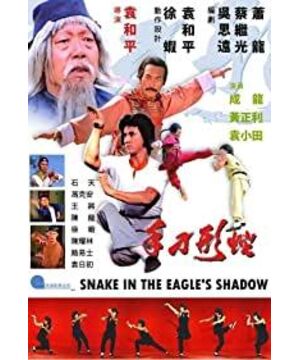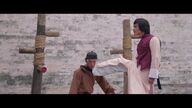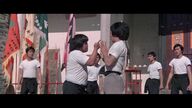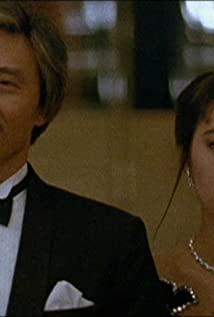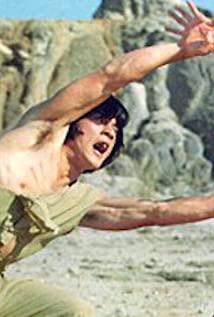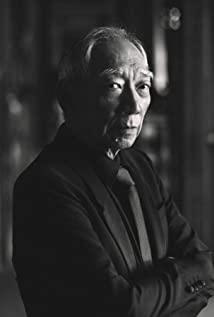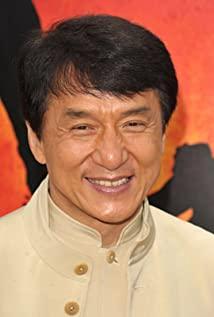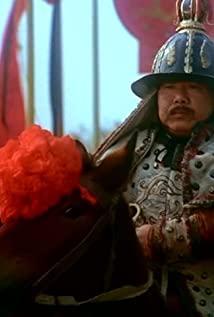This is not Jackie Chan's debut work, but it is Jackie Chan's famous work. There are a lot of related criticisms. I will talk about it from my own experience... If Jackie Chan has opened the precedent of humorous kung fu movies, then this should be helpless. First of all, he could not reproduce Bruce Lee's temperament and philosophy, and secondly, his image also restricted his heroism. He could only play a small person. At that time, he was not the big brother today... From the perspective of film language, Yuan Heping is still more suitable to do it. As a martial arts instructor, he expanded his imagination in small spaces and battles, and integrated the actor's foundation in addition to juggling, making the long battles not boring... It can be said that Jackie Chan, Yuan Heping and the Beijing opera martial arts have a deep connection. In particular, the scheduling and rhythm of the scenes are well-designed, which is very different from the previous Kung Fu directors... The problem is that the language of the shots, Yuan Heping is relatively monotonous, his market is changing, but he is too deliberate, except In addition to the stylization of the dialogue, the use of virtual focus during the change of scenes makes the audience feel very abrupt. In the character battle, in order to show the real skills of the actor, he used a lot of long shots, but the change of scenes gave up the montage editing. The direct push and pull has been abandoned by Hollywood, because this kind of operation will lose the sense of reality and will make the viewer dizzy. It is understandable that Yuan Heping was born in Wuxing, he wanted to show his kung fu too much, but this set is difficult for the audience to buy it for a long time... …In terms of the narrative structure, a series of films of this period catered to the theme of subversion. He wanted to kill his father, which was different from all previous action films, especially Bruce Lee. Without the hatred of the family and the country, the battle became meaningless. Everyone is brave and cruel. The masters also acted jokingly. They became a code of funny. The rest was tenderness, not respect. This catered to the psychology of young people. At that time, the audience in Hong Kong was the first group of young people who grew up after the war and accepted Western style. Educated, they are challenging traditional morality. The biggest problem with narrative is similarity and anticlimactic. This is the common problem of Jackie Chan's film series in that period... The use of music has a postmodern feel, everything seems to be a game, like game music. , Mobilized the audience, occasionally combined with some classical music, and also cleverly set off the atmosphere, but it was not rough, and frequent use made the viewer feel tired and artificial... I personally think that the film has a unique meaning in terms of ideology. Han. In 1978, the Cultural Revolution ended in the Mainland, the Deng regime came to power and began to advocate reforms, while the rapid economic development of Hong Kong under British rule started a wave of money worship. It is not the snake boxing or the eagle claw gate. The ultimate winner is Jackie Chan's snake boxing with cat's claw. This is the common mentality of Hong Kong civil society, that is, money worship and utilitarianism. Just good
View more about
Snake in the Eagle's Shadow reviews


